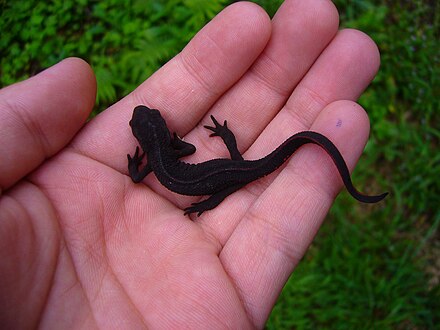Salamanders are a special type of amphibian, similar to lizards and snakes, but with soft skin and a tail. They require special care and environment to ensure their health and happiness. Here is a detailed introduction to salamander care:

Habitat: Salamanders require a moist habitat with water. You can use a glass or plastic aquarium as a habitat with a moist substrate such as moist soil or sand at the bottom. Also, provide your axolotls with a pool where they can swim and absorb water.
Temperature and Humidity: Axolotls need to be kept at the right temperature and humidity. The temperature should be maintained between 18-24 degrees Celsius and the humidity should be maintained between 60-80%. Heat lamps or heating pads can be used to provide the right temperature, and regular sprays of water can be used to maintain humidity.
Diet: Salamanders are carnivores, feeding primarily on insects and small invertebrates. Axolotls can be fed a variety of live insects, such as earthworms, grasshoppers, cockroaches, etc. Make sure food is fresh and in the right amount to avoid overfeeding.
Cleaning: Clean your axolotl's habitat regularly, including clearing the substrate, changing pool water, and cleaning the aquarium's glass or plastic surfaces. This helps prevent bacterial growth and keeps your axolotl healthy.
Observe health: Regularly observe the axolotl’s health, including appetite, activity level, and skin condition. If any abnormality is found, seek medical treatment promptly.
Axolotls are sensitive animals that require careful and patient care. Providing a suitable living environment and food, regularly monitoring health conditions, and maintaining cleanliness and hygiene are keys to ensuring your axolotl's health and happiness.
animal tags: alamandridae
We created this article in conjunction with AI technology, then made sure it was fact-checked and edited by a Animals Top editor.